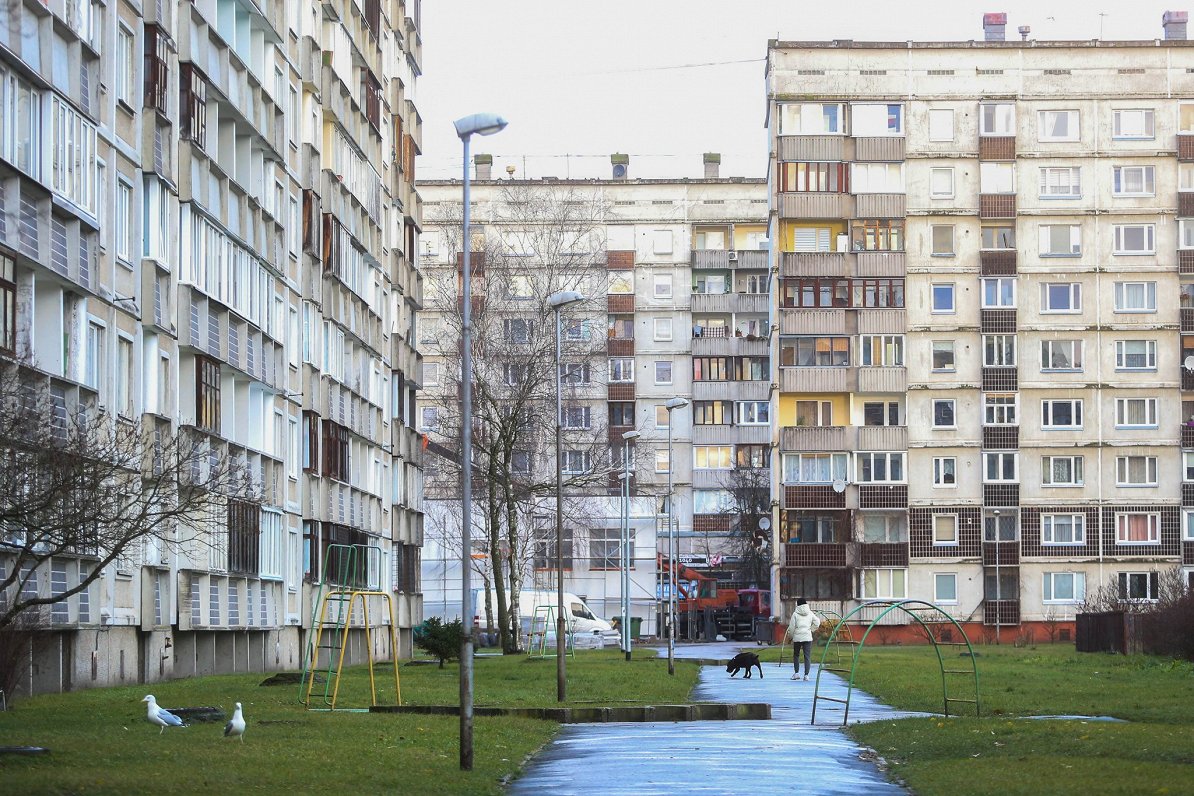State Audit has concluded that property management in Rīga City municipality is perceived too narrowly and is incomprehensible to other market participants whose business is related to real estate.
Irklis said that the total value of Rīga's property assets is EUR 2.1 billion. The good news is that Rīga is rich, but not so good news is that property management is in disorder and decentralized.
In the long term, the assets need better management, Irklis said.
"At the moment, often the right hand does not know what the left is doing, properties are not used effectively, many properties are not used at all, they only create expenses, and if they are not used, the city should get rid of them," said Irklis.
If these assets were used by entrepreneurs or residents, they would bring economic benefits to the city, so the municipality needs to ensure that the properties are used effectively, said Irklis.
He said that Rīga spent EUR 30 million a year to maintain property and, if a large part does not bring in any benefit, it is clear that the municipality spends millions on maintenance without payoff.
The Riga City Council's Property Department manages approximately 30,000 real estate assets worth EUR 1.5 billion from real estate assets worth EUR 2.1 billion in total accounting for the municipality, with at least EUR 30 million spent annually on various management processes for these properties.
The audit also revealed that the local government's real estate accounting database includes buildings which were not found by the auditors in nature during the survey – there is a graveyard area in place of the residential building on Lizuma Street 12, while the building of the administrative authority mentioned in the accounts at Tālavas gatve 15 and a garage at Brīvības gatve 356G do not exist at all.
The local government does not know what the technical state and financial characteristics of the objects are. The properties are rented at low prices, resulting in lower budget revenue and more to invest in their maintenance. The local government has also not determined the size and frequency of real estate maintenance activities, nor has it accumulated full information about it.
State Audit said there was a need for the municipality to establish a sound and suitable model for real estate management, because the current one has formed historically. The local government has not evaluated which institution can perform management more economically, more productively and efficiently, both in the process of renting real estate and in real estate management and development processes.
Irklis pointed out that the current structure was formed before the 2009 municipal elections, but also the Riga City Council has done nothing to correct the situation.
Uncoordinated management also has "unfathomable" repair and development consequences. Repairs shall be carried out without determining what damage is to be rectified and at which sites priority or non-routine work is to be performed.
For example, the local government has carried out a variety of maintenance and improvement jobs that are necessary to ensure the functioning of educational institutions, but it has to be recognized by auditors that they do not contribute to the safe operation of buildings and do not prevent, for example, the potential fire hazards. The fire safety system has not been constructed, or it has become obsolete and does not comply with the requirements of regulatory enactments in at least 30 local government general education institutions.
Fragmentation and chaos is also facing merchants who want to purchase or lease property from the municipality. Real estate developers cannot easily obtain one-on-one information about local government plans, where, what, and when to build.
Information on various properties has to be searched in different sources - the Council Administration, the Department of Property, the Department of Housing and Environment, local government capital companies or the websites of these institutions.
This is because the local government has set up a number of institutions with administration and real estate management specialists, and these institutions have the same or similar tasks in the field of real estate management.
State Audit has recommended that Riga City Municipality identify all real estate and the technical state thereof, perform financial analysis of management and property facilities, allocate properties in portfolios in line with the current trends of property management, in order to create a property management strategy relevant to the situation and to choose the most appropriate management model.






























